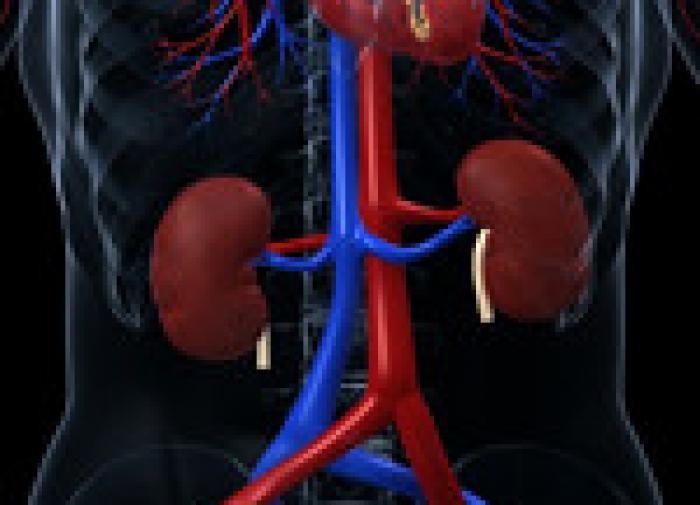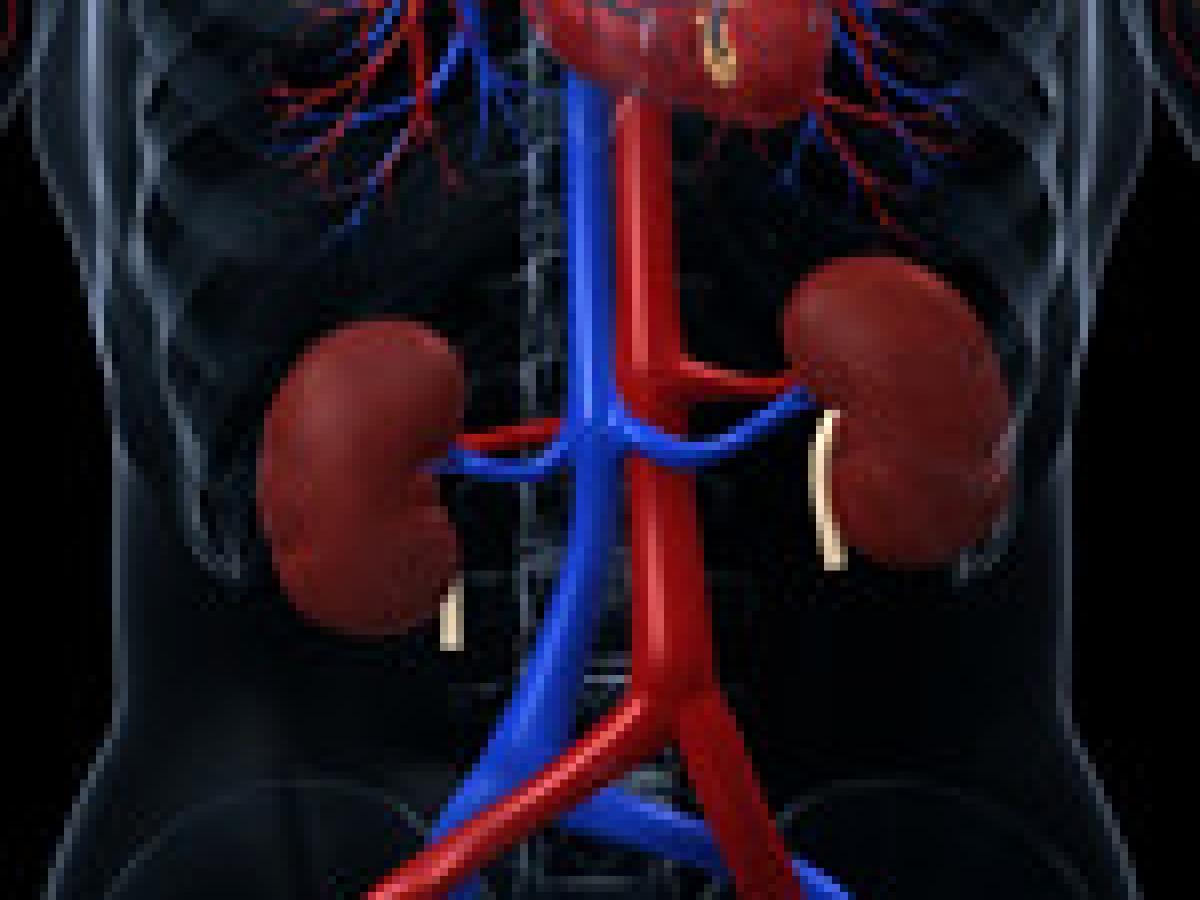3:35
09/18/2023 08:49
A new study by an international team of scientists suggests that certain foods, especially seafood, rich in omega-3 polyunsaturated fatty acids, may help reduce the risk of developing chronic kidney disease (CKD). CKD is a disease that affects at least 700 million people worldwide and can lead to kidney failure and increased mortality.

Photo: openverse
The study examined the link between diet and the risk of developing CKD by assessing glomerular filtration rate (GFR), which measures how efficiently the kidneys remove waste products and excess fluid from the blood. The results obtained showed that seafood consumption was associated with an eight percent lower risk of kidney disease. However, the study did not find a similar reduction in the risk of developing CKD associated with omega-3s found in plant sources.
It is important to note that these results are observational and cannot establish a direct cause-and-effect relationship between seafood omega-3 intake and improved kidney health. Further research is needed to understand the underlying mechanisms.
People concerned about kidney health may benefit from following a kidney-friendly eating plan. Here are some dietary tips:
Balance your protein intake: Make sure you are consuming the appropriate amount and type of protein. Too much protein can impair kidney function, while not eating enough protein can lead to health problems. Consult your physician or dietitian to determine your protein needs based on your health and activity level.
Choose healthy fats: Limit your overall fat intake and choose healthier fats such as olive oil when cooking. A balanced fat intake is critical to maintaining kidney health.
Give preference to whole grain carbohydrates: such as whole wheat, brown rice and oats, rather than refined carbohydrates. Healthy carbohydrates can help control weight and improve overall health.
Reduce your sodium intake: Excessive sodium intake can lead to water retention, increased blood pressure and further kidney damage. Limit your sodium intake to less than 2,300 milligrams per day and use herbs and spices for flavor instead of salt.
Fresh and unprocessed foods: Whenever possible, choose fresh or frozen vegetables over canned options, as canned vegetables often contain added salt. When dining out, order food without added salt.
Eating a balanced diet and eating seafood rich in omega-3 fatty acids may help improve kidney health. However, it is important to consult with a healthcare professional or registered dietitian for personalized nutritional advice, especially if you have or are at risk for developing kidney disease.
